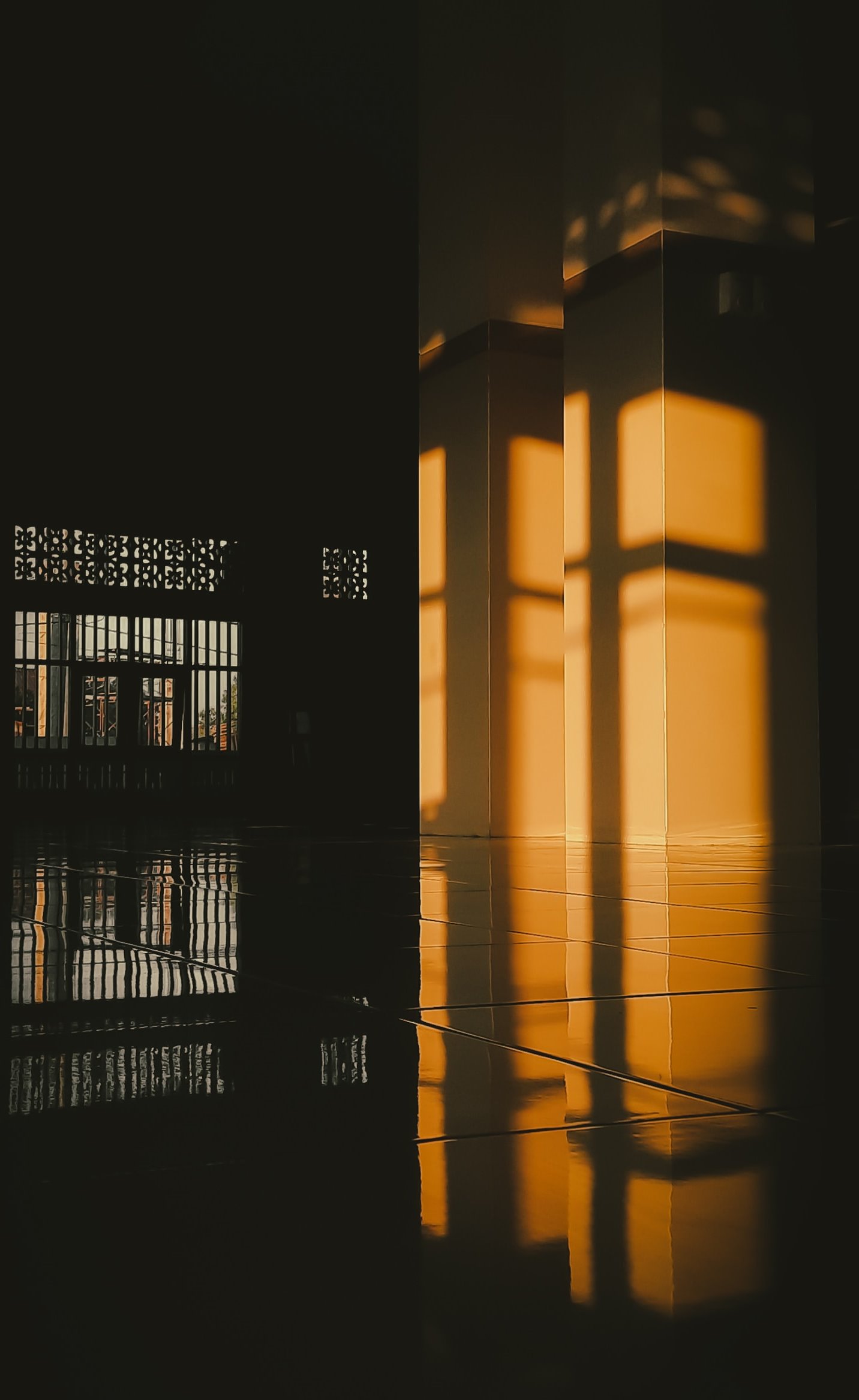In today’s world, Islam is one of the most misunderstood religions — and sadly, that misunderstanding often leads to fear, prejudice, and even hate. Islamophobia, defined as the irrational fear or hatred of Islam and Muslims, has grown steadily over the years, fueled by media stereotypes, misinformation, and global events.
But what is Islam really about? And how can we begin to challenge the misconceptions that feed Islamophobia?
🕊️ What Islam Truly Teaches
At its core, Islam is a religion of peace, justice, and mercy. The word “Islam” itself comes from the root word Salaam, meaning peace. It emphasizes:
- Worshiping one God (Allah)
- Showing kindness to others
- Living with honesty and integrity
- Serving humanity with humility
Prophet Muhammad (peace be upon him) said:
“The most beloved of people to Allah are those who are most beneficial to people.”
(Al-Muʻjam al-Awsat)
Islam encourages compassion, not violence. Dialogue, not division. Unity, not hatred.
🔎 Common Misconceptions About Islam
Let’s break down some of the most common misunderstandings — and the truth behind them:
1. “Islam Promotes Violence”
This is one of the most harmful and widespread myths. Islam strictly prohibits the killing of innocent people. The Qur’an clearly states:
“Whoever kills a soul… it is as if he had slain mankind entirely.”
(Qur’an 5:32)
Extremist acts carried out by a few individuals do not represent the faith of 1.9 billion Muslims worldwide.
2. “Muslim Women Are Oppressed”
Another misconception is that Islam oppresses women. In truth, Islam uplifted women at a time when they were marginalized in society:
- Gave them the right to own property
- The right to education
- The right to inheritance
- And the right to consent in marriage
Modesty (such as wearing hijab) is a personal act of faith, not oppression.
3. “Muslims Don’t Integrate Into Society”
Muslims are active contributors in communities around the world — as doctors, teachers, entrepreneurs, and volunteers. Islam encourages involvement and service, as long as it’s within moral and ethical values.
4. “All Muslims Are Arabs”
Only 15–20% of Muslims are Arab. Islam is a global religion practiced by people from every race, culture, and continent. It is not tied to ethnicity or geography.
📺 The Role of Media & Education
Media plays a major role in shaping public perception. Unfortunately, many headlines focus only on conflict and extremism, rarely showing the beauty, diversity, and peace within Islam.
That’s why education is key. By learning directly from authentic sources — the Qur’an, the life of the Prophet (PBUH), and Muslim voices — we can challenge ignorance with understanding.
🤝 How to Combat Islamophobia
Whether you’re Muslim or not, here are ways to help create a more understanding and peaceful world:
- Speak up when you see discrimination
- Listen to Muslim voices and stories
- Educate yourself and others
- Visit a mosque or attend interfaith events
- Be open-minded and ask respectful questions
Islamophobia doesn’t just harm Muslims — it threatens the values of justice, tolerance, and unity that every healthy society needs.
🌍 Final Thoughts
Islamophobia is rooted in fear. But fear can be replaced with understanding. When we take time to learn about each other — with respect and sincerity — walls break down, and bridges are built.
Let’s be part of the solution — one conversation, one act of kindness, and one truth at a time.


